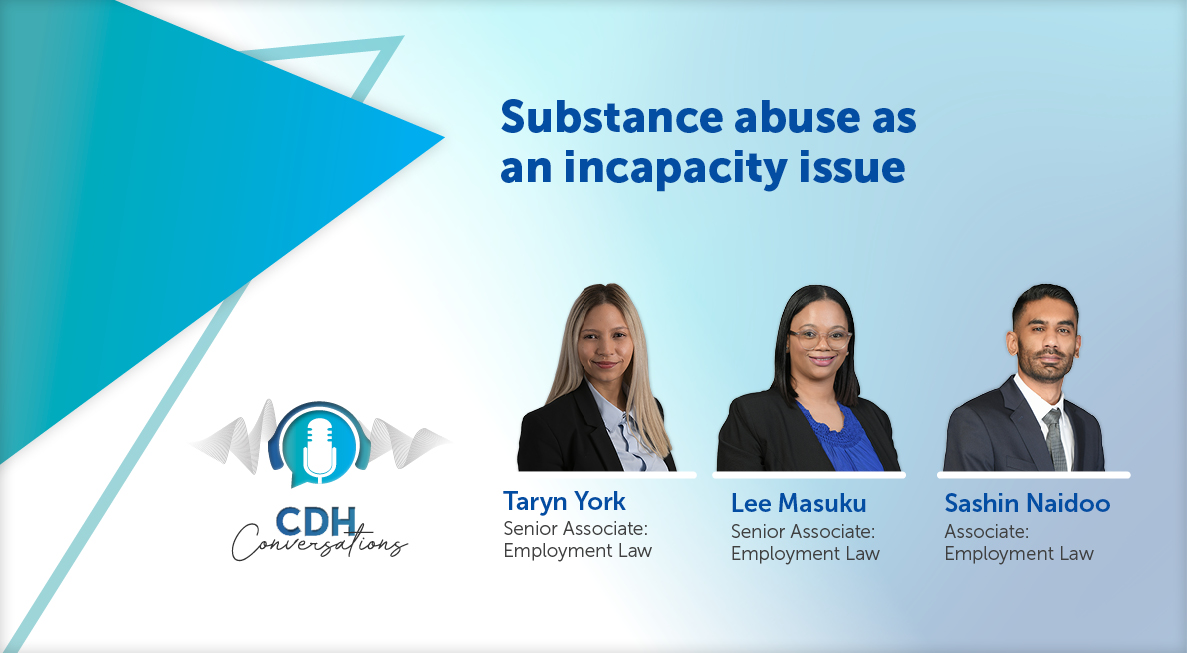When is a company an operating company for tax purposes?
This is an important question in the context of preference share funding in renewable energy transactions, particularly in determining whether the funding is for a qualifying purpose and therefore exempt from the clutches of s8E and 8EA of the Income Tax Act, No 58 of 1962 (Income Tax Act).
From the beginning of the government's Renewable Energy Independent Power Producers Procurement Programme (IPP Programme), development-funding institutions (DFI) have favoured preference share funding when they offer finance. This is because dividends from preference shares are normally exempt from income tax, which makes it a cheaper form of funding. However the two sections mentioned above, s8E and 8EA of the Income Tax Act, do in certain circumstances render dividends from preference shares taxable.
S8E provides that dividends on shares that constitute hybrid equity instruments are deemed to be income and are therefore subject to income tax.
A hybrid equity instrument is defined, inter alia, as "any preference share if that share is –
(i) secured by a financial instrument; or (ii) subject to an arrangement in terms of which a financial instrument may not be disposed of unless that share was issued for a qualifying purpose." (our emphasis) A financial instrument is defined, inter alia, as 'any interest bearing arrangement' (ie an interest bearing bank account). A common feature in such transactions is a requirement that a collections account be opened by the issuer wherein all dividends from the project company are paid into and from which the dividends to the DFI are to be paid. This is normally coupled with a negative pledge ie a condition that such account is to be kept open until all the preference shares have been redeemed. The negative pledge would therefore constitute an 'arrangement in terms of which a financial instrument may not be disposed of'.
Accordingly, the preference shares will be deemed to be hybrid equity instruments unless the preference shares are issued for a 'qualifying purpose'.
S8EA provides that dividends on third-party backed shares are deemed income and are therefore subject to income tax. Third-party backed shares are preference shares in respect of which an enforcement right is exercisable by the holders of those preference shares or an enforcement obligation is enforceable by the holders as a result of any dividend or return of capital not being received by the persons entitled to them.
However, s8EA has 'saving provisions' to avoid its consequences. To qualify for the saving provisions, one of the requirements to be satisfied is that the funds derived from the issue of the relevant preference shares must have been applied for a qualifying purpose.
A 'qualifying purpose', in relation to the funds derived from the issue of a preference share, is, inter alia, the direct or indirect acquisition of equity shares in an 'operating company'. An operating company is defined as:
(i) a company that carries on business continuously, and in the course or furtherance of that business provides goods or services for consideration;
(ii) any company that is a controlling group company in relation to a company contemplated in item (i); or
(iii) any company that is a listed company.
In most renewable energy transactions the funds derived from the preference shares are usually used to acquire equity in a project company which intends to construct and thereafter operate a plant that will provide and sell the renewable energy, be it solar power or wind generated power, etc.
However and crucially, at the time of the acquisition of the equity in the project company, the project company is not carrying on business nor providing goods or services for consideration. It would typically be about to commence the construction of the plant. It is therefore not an operating company in the strict sense contemplated in the Income Tax Act. This means the funds derived from the issue of the preference shares do not have a qualifying purpose.
We would however argue that a purposive interpretation should be applied because it is clear that the intention of the project company is to become an operating company after the construction phase of the plant is completed. On this latter interpretation, the application of the funds would be for a qualifying purpose. The latter interpretation however is yet to be pronounced upon by our courts or the revenue authorities.
If it is determined that the funds derived from the issue of the preference shares are not issued for a 'qualifying purpose', s8E and 8EA apply and the dividends will be deemed to be income and the borrower will have to 'gross-up' ie pay the tax payable by the preference shareholder in order that the DFI receives the same return it would have received if dividends were tax free.
This is clearly an onerous outcome especially in view of the fact that most of the entities requiring this type of funding from DFIs are black economic empowerment companies. Given the prevalence of these funding structures in the IPP Programme, this is a subject that should be clarified by the revenue authorities urgently.
The information and material published on this website is provided for general purposes only and does not constitute legal advice. We make every effort to ensure that the content is updated regularly and to offer the most current and accurate information. Please consult one of our lawyers on any specific legal problem or matter. We accept no responsibility for any loss or damage, whether direct or consequential, which may arise from reliance on the information contained in these pages. Please refer to our full terms and conditions. Copyright © 2026 Cliffe Dekker Hofmeyr. All rights reserved. For permission to reproduce an article or publication, please contact us cliffedekkerhofmeyr@cdhlegal.com.
Subscribe
We support our clients’ strategic and operational needs by offering innovative, integrated and high quality thought leadership. To stay up to date on the latest legal developments that may potentially impact your business, subscribe to our alerts, seminar and webinar invitations.
Subscribe



